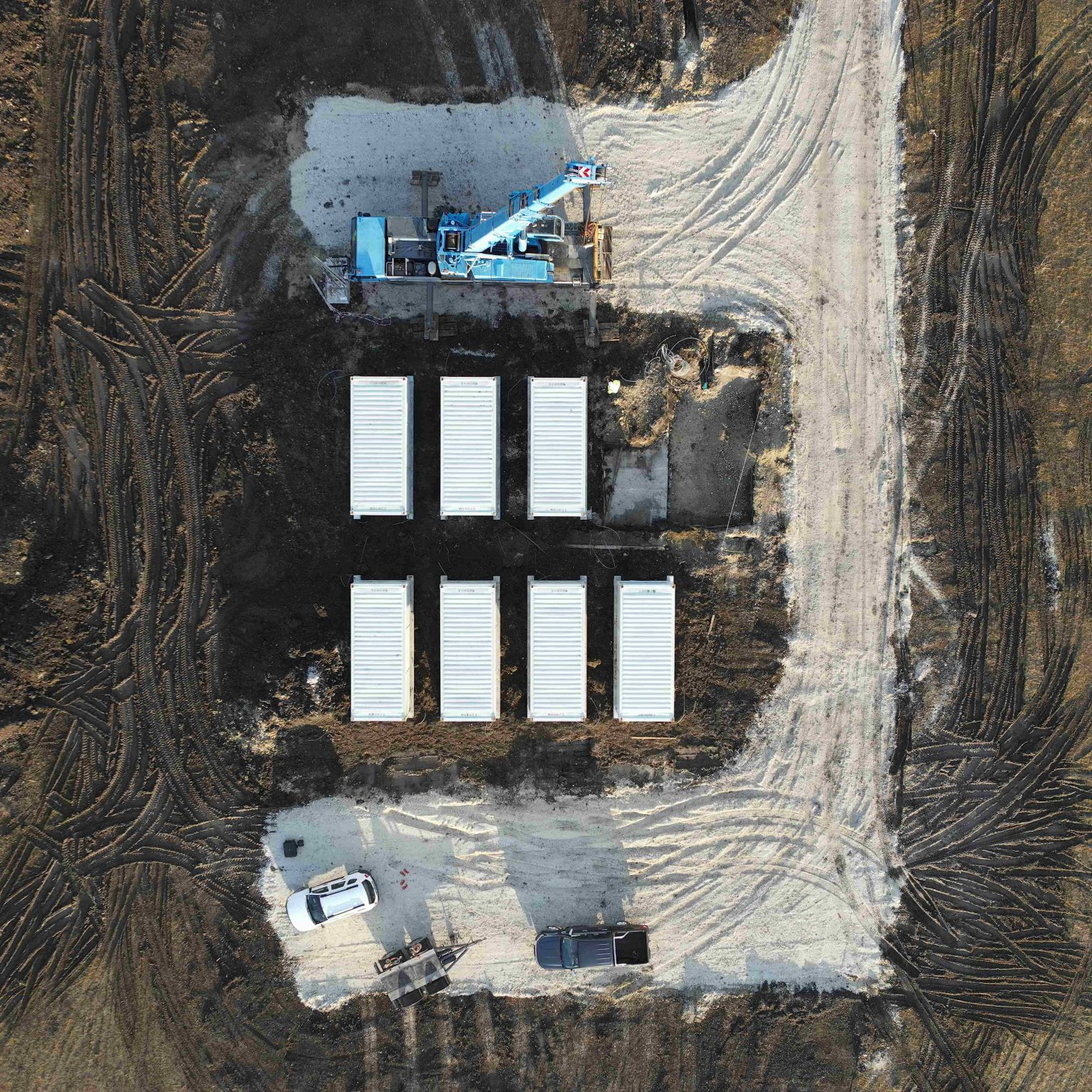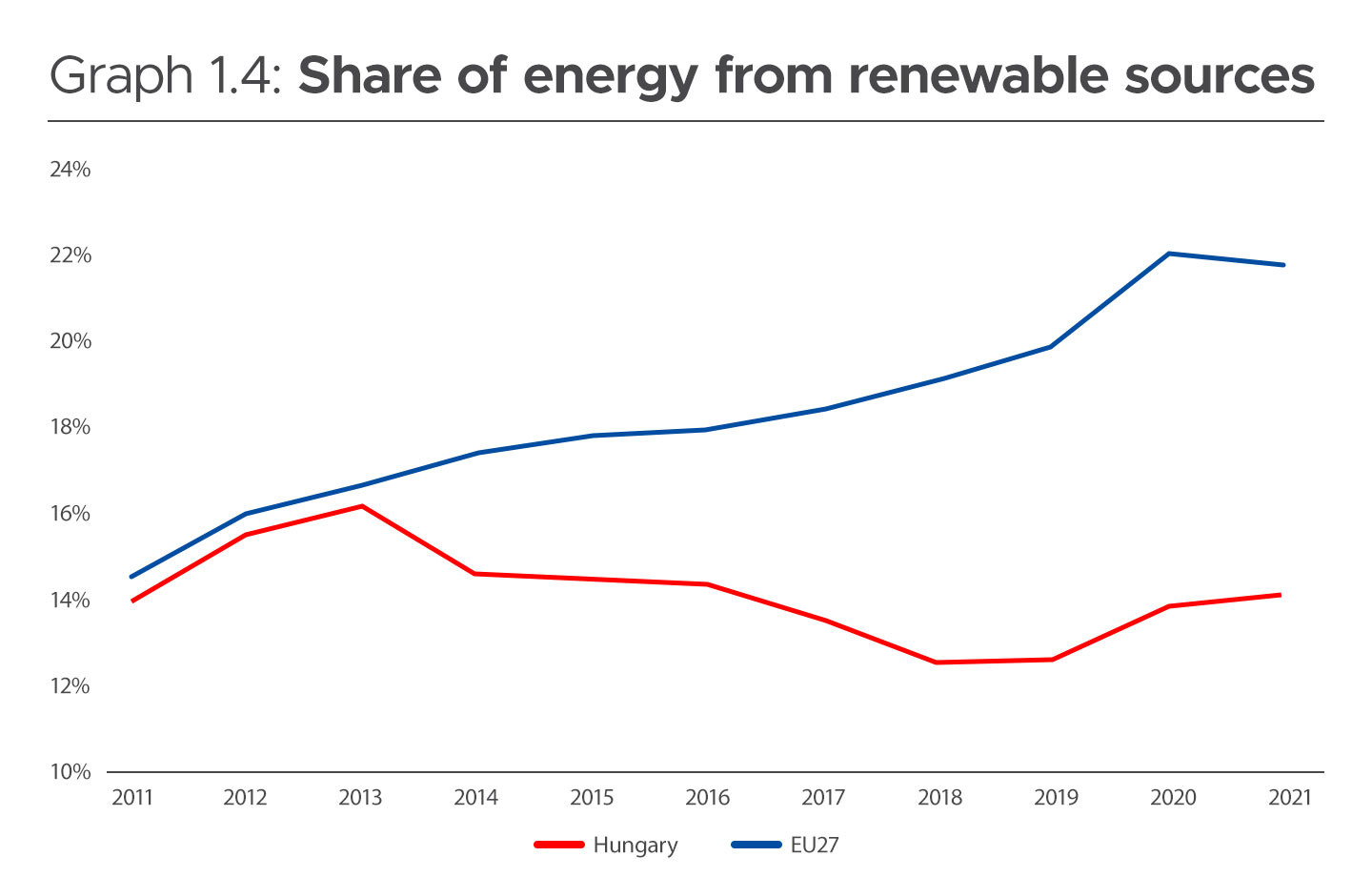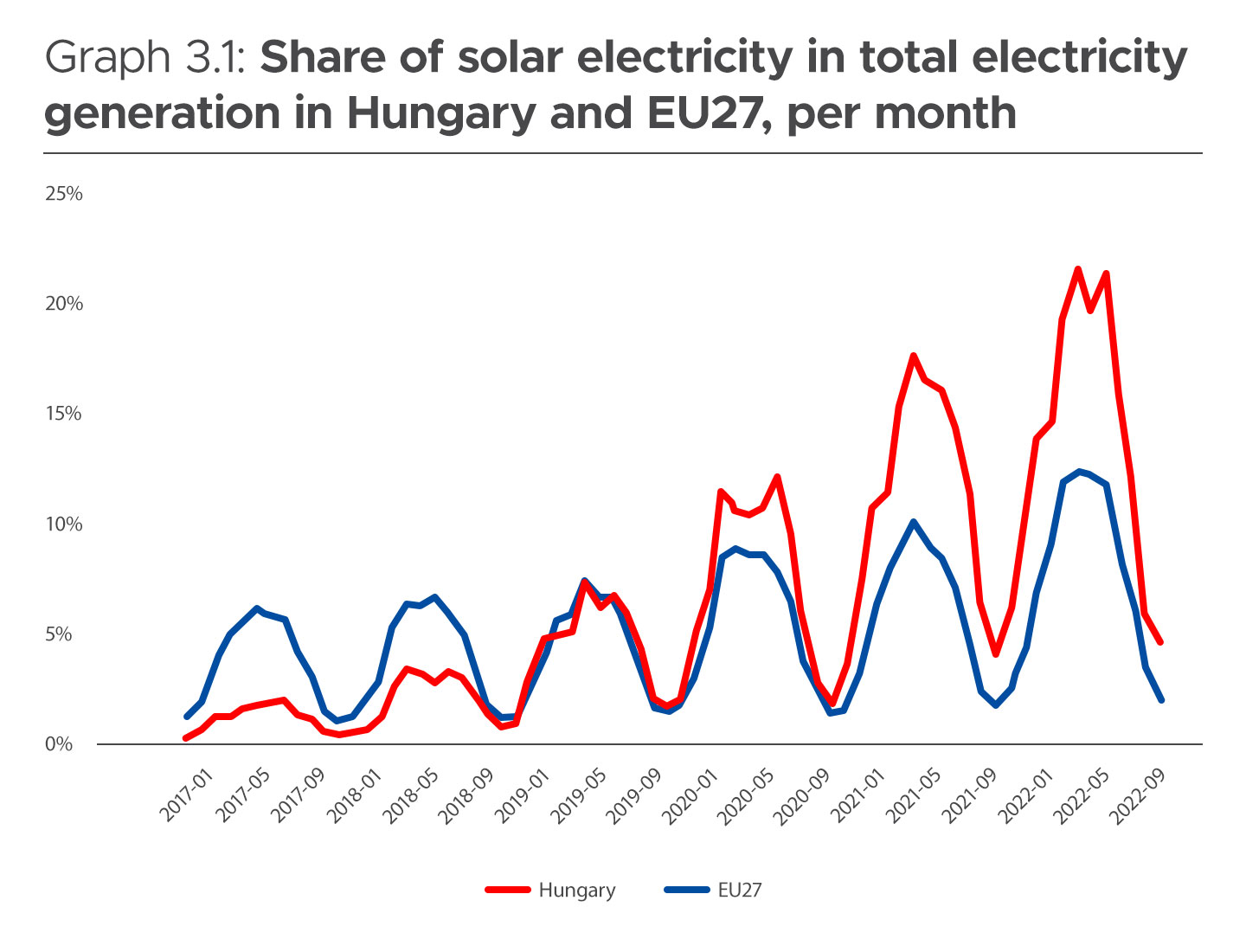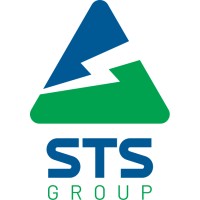Ideona Öskü
Vanadium Flow Batteries providing grid-balancing services in Hungary
Hungary was among the first countries globally to turn its 2050 emissions target into a legal commitment. The country is targeting a 90% clean energy mix by 2030 which includes an increase in renewable generation and battery storage.
The Brief
Hungary’s National Research, Development and Innovation Office issued a tender for a R&D project for an energy storage system to be built alongside a solar power plant. Ideona Group, and their leading renewable energy developer partner, STS Group, were looking to use a vanadium flow battery system that was capable of providing longer duration energy storage for their site near the municipality of Öskü in central Hungary. Due to the commercial readiness of our VFB, Ideona and STS contacted Invinity to supply its VFBs for the project.
VS3
solar PV
hours of discharge
Services provided by the battery include:
Grid Balancing
Solar shifting
Storing excess solar generation during the daytime when prevailing market prices are low and discharging into the evening price peak.
The Result

Along with funding support from the EU Horizon fund, construction of the entire system was completed in early 2024.
Hungary: Reaching a 90% clean energy mix by 2030
Historically, Hungary has had one of the lowest shares of energy from renewable sources in the EU and has been falling over the last decade (see chart below) in comparison to the rest of its EU peers. A 2023 country report by the EU on Hungary also highlighted how the country “uses more energy and materials to produce a unit of income than the EU average” and that to date “the generation of green energy has to date not kept pace with the economy’s increasing use of energy”.

However, the country has a Recovery and Resiliency Plan which is underway and includes a key focus on the green transition, with 48.1% of its allocation dedicated to climate-related measures. In particular, funding opportunities have been created that are targeting significant growth such as 1 GWh of energy storage by 2025 supported by Ministry of Energy funding. This would help to support the rapidly growing deployment of solar generation in the country:

Hungary’s investment in energy infrastructure has to date been one of the lowest in the EU in the last decade. However, in 2023 the European Commission approved a €1.1bn scheme from the Hungarian government to support large-scale energy storage projects. These particular grants will take the form of an investment grant during the construction phase and a two-way contract for difference (“CfD”) mechanism to be paid annually during the 10 first years of the operations phase of the supported projects. A newly supportive investment environment is driving activity to deploy as much energy storage as possible to complete the shift to a fully clean electricity economy by 2050.
Partners
Interested in Finding Out More?
If you’re a utility, developer, EPC, or financier please contact our commercial team to discuss the details of your project. We work with you to develop a robust business case and financial model.

